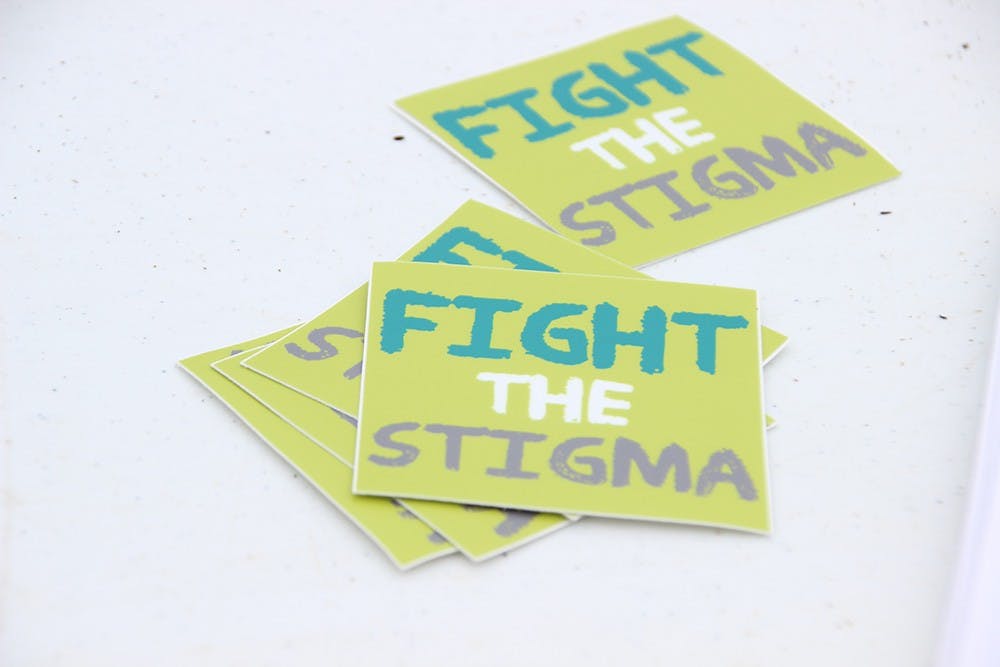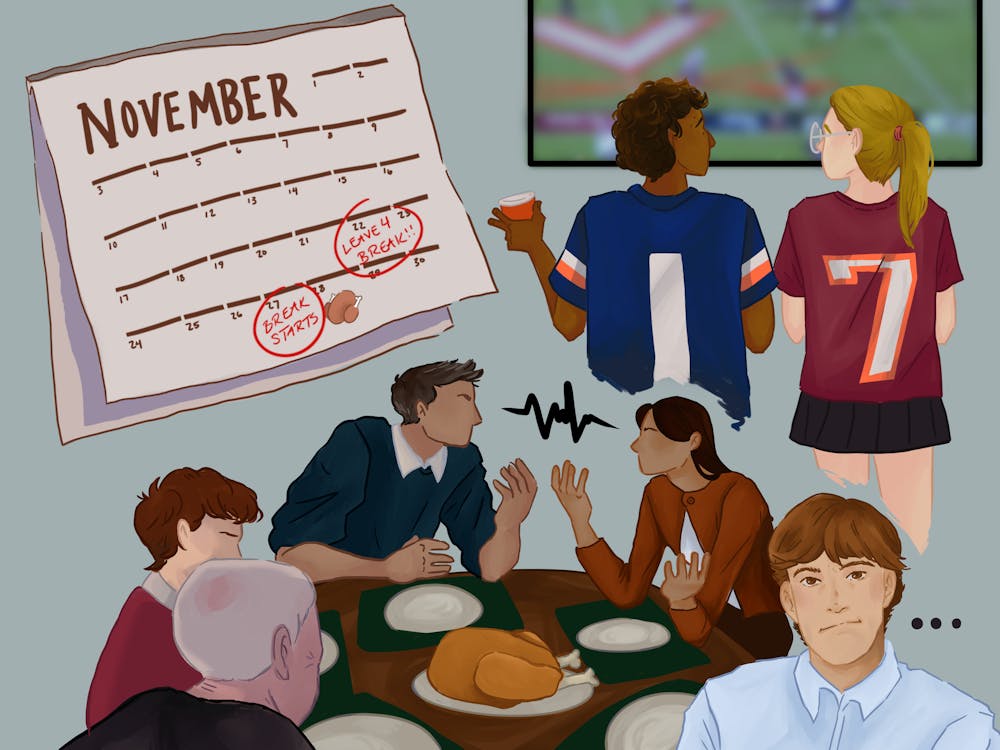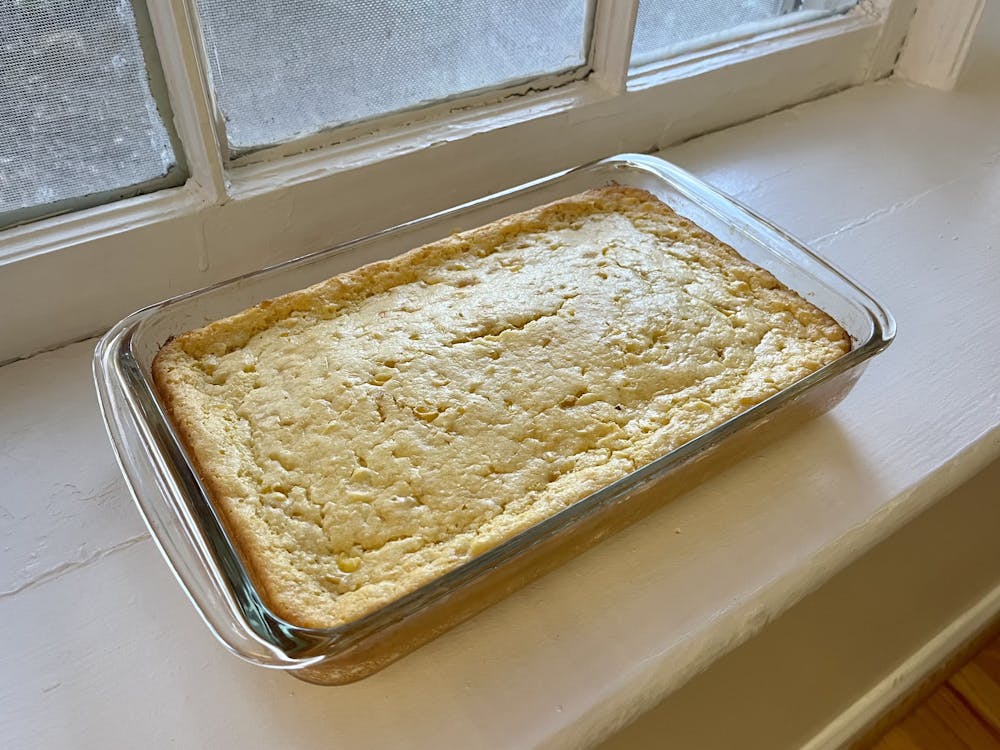Fight the Stigma — a mental health awareness week organized by Second Year Council — took place last week and aimed to rework preconceived notions surrounding mental health at the University. The week’s various events highlighted different aspects of addressing mental health issues.
“It’s totally valid to feel stressed, it’s totally valid to feel inadequate in such a competitive community, and the only solution that we have available to us is to talk about it,” said second-year College student Taylor Gestwick, a member of SYC.
Programs such as Yoga on the Lawn and a meditation with the Society for Awakening Souls aimed to provide students with a chance to relax during their day and to take care of their bodies. Free rock climbing hours were also offered at the Outdoors Recreation Center.
“Although this week [was] designated to mental health awareness, a healthy body creates a great opportunity for a healthy mind,” said second-year Batten student Maggie Gratz, a member of SYC. “They kind of go hand in hand.”
Several events focused on promoting meaningful dialogue regarding mental illness as well as provided resources where needed. On Tuesday, Peer Health Educators presented a talk called “Trouble in the Bubble” to discuss what it means to be mentally healthy and how students can check in on their mental health. Additionally, CAPS offered mental health screenings on the Lawn and gave a talk entitled “How to Help a Friend” later in the week.
Gestwick said teaching students how to help their classmates was one of the week’s most important goals.
“It’s empowering people to go out and help the people that we [weren’t] able to reach with this week,” Gestwick said. “It’s allowing us to give skills to people to give to the ones that they’re concerned about.”
Sustained Dialogue also helped mediate a discussion on how mental health is discussed and handled on Grounds.
“The idea is that students can come to these [events], think analytically and out loud about different views as a third person, and [then] take something away that they can use in order to help themselves and their friends,” Gratz said. “It’s not just discourse and dialogue — I think the purpose behind that is reflection.”
Gratz said she hopes events such as this will help to change culture surrounding mental illness in a lasting way.
“We don’t want this conversation about mental health to end,” Gratz said. “We think that there’s room to change within our community, and we think it’s possible, and we think it’s extremely [important].”





